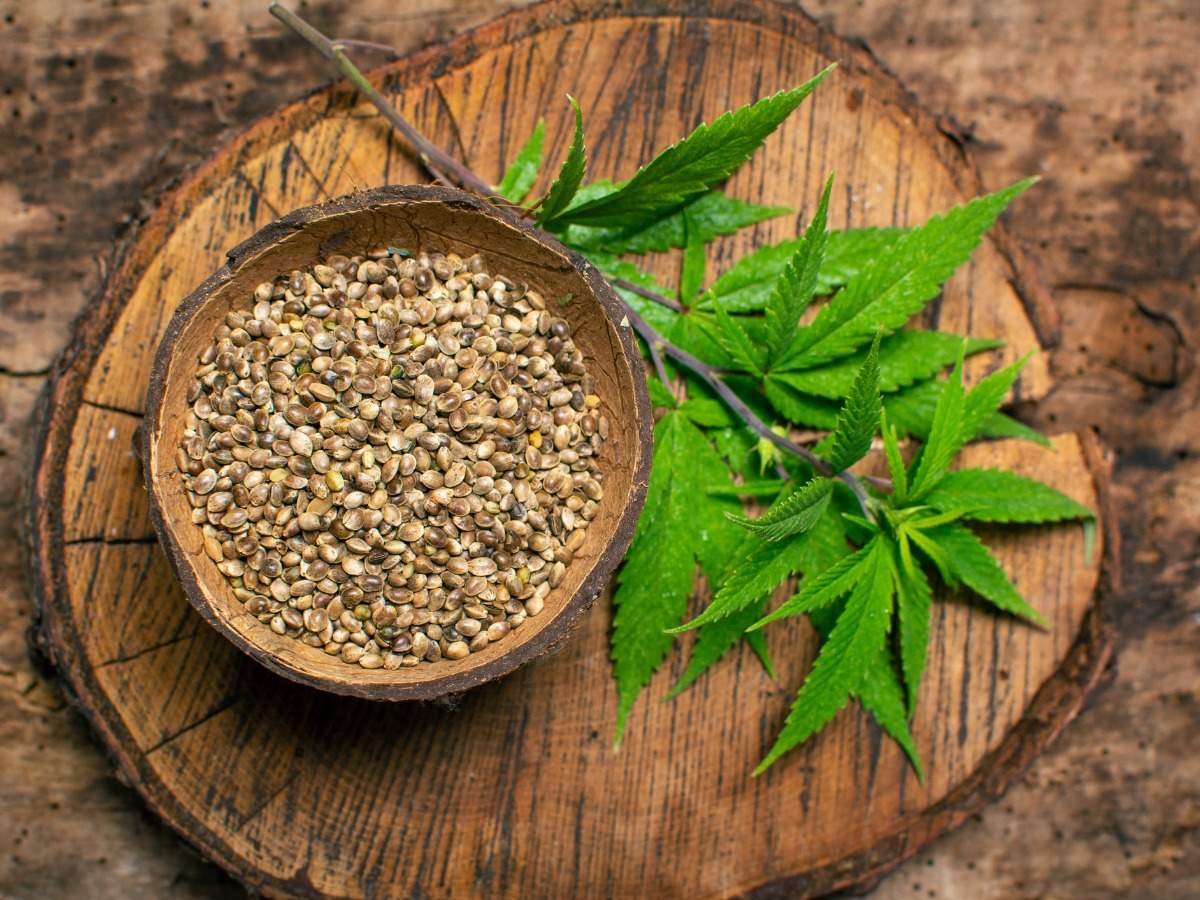In recent several years, Canada has emerged as a global chief in hemp cultivation, marking a significant shift in agricultural practices and financial possibilities. The legalization of hemp cultivation in 1998 laid the groundwork for a burgeoning sector that has considering that seasoned exponential expansion. From textiles to food stuff products and solutions, hemp provides a adaptable and sustainable alternative with a multitude of programs. This post explores the factors driving the increase of hemp farming in Canada, its economic effects, and the troubles and prospects shaping its upcoming.
Historic Context:
Hemp has a lengthy record in Canada, dating back hundreds of years to its use by Indigenous peoples for many functions, like textiles, meals, and medicine. On the other hand, its cultivation confronted prohibitions and restrictions in the twentieth century because of to its association with cannabis, irrespective of that contains minimal degrees of THC, the psychoactive compound identified in cannabis. It was not until eventually 1998 that Canada legalized industrial hemp production, distinguishing it from marijuana and paving the way for a new period of hemp farming.
Regulatory Framework:
The regulatory framework founded by Wellbeing Canada governs the cultivation of industrial hemp in Canada. Underneath the Industrial Hemp Polices, licensed producers have to adhere to rigid pointers about THC content material, cultivation methods, and stability steps. This regulatory framework guarantees compliance with wellness and protection benchmarks even though supporting the progress of a genuine and responsible sector.
Economic Influence:
The legalization of hemp cultivation has sparked economic advancement and career generation across Canada. With its various applications, hemp has turn into a lucrative crop for farmers in search of sustainable choices to regular commodities. The Canadian hemp marketplace encompasses a wide variety of sectors, such as agriculture, producing, and retail, contributing billions to the economic system on a yearly basis. Moreover, hemp cultivation encourages environmental sustainability by necessitating much less pesticides and fertilizers than standard crops, consequently cutting down agricultural runoff and soil degradation.
Diversification of Agriculture:
Hemp cultivation delivers farmers a diversification approach, enabling them to mitigate pitfalls associated with standard crops and adapt to changing market requires. As climate alter threatens agricultural productivity, hemp’s resilience and flexibility make it an appealing possibility for farmers trying to find resilient and environmentally sustainable alternate options. On top of that, hemp cultivation can rejuvenate soil overall health and biodiversity, enhancing extended-expression agricultural sustainability.
Innovation and Investigate:
Advancements in hemp study and technology have fueled the industry’s development, leading to enhanced cultivation practices, crop varieties, and merchandise innovation. Canadian universities and investigate establishments are actively engaged in researching hemp’s agronomic potential, genetic range, and worth-added apps. This investigate not only improves the competitiveness of Canadian hemp items but also contributes to scientific understanding and innovation in the worldwide hemp business.
Export Opportunities:
Canada’s placement as a main producer of higher-excellent hemp has opened doors to worldwide marketplaces. With expanding desire for hemp-derived merchandise all over the world, Canadian producers have seized export possibilities, capitalizing on their reputation for good quality and dependability. From hemp textiles and setting up components to CBD-infused solutions, Canadian hemp exports are diversifying and growing, producing new avenues for economic advancement and international trade.
Issues and Chances:
Even with its promising outlook, the Canadian hemp market faces challenges that warrant consideration. additional reading , market place volatility, and confined entry to banking and fiscal services are amongst the important challenges confronting hemp producers and corporations. Addressing these problems calls for collaboration amongst govt, business stakeholders, and money establishments to develop a supportive ecosystem for hemp cultivation and innovation.
Also, ongoing research is wanted to unlock the whole opportunity of hemp and explore emerging markets and programs. From bioplastics and biofuels to nutraceuticals and prescribed drugs, the choices for hemp are wide and multifaceted. By investing in analysis and development, Canada can place by itself at the forefront of hemp innovation, driving economic progress and sustainability for yrs to occur.
Summary:
The increase of hemp farming in Canada represents a transformative change in agricultural techniques, financial development, and sustainability. With its versatile purposes, environmental rewards, and financial alternatives, hemp has emerged as a promising crop for Canadian farmers and businesses. By leveraging its strengths in investigate, innovation, and market place access, Canada can proceed to lead the international hemp industry, cultivating prosperity for generations to occur
